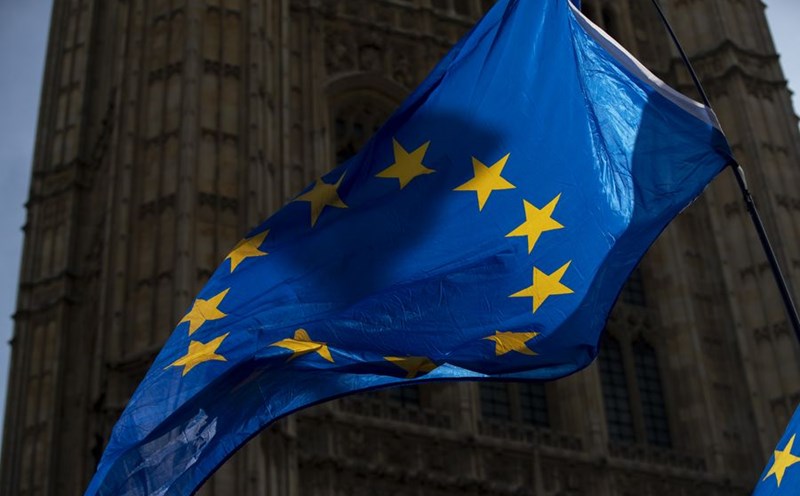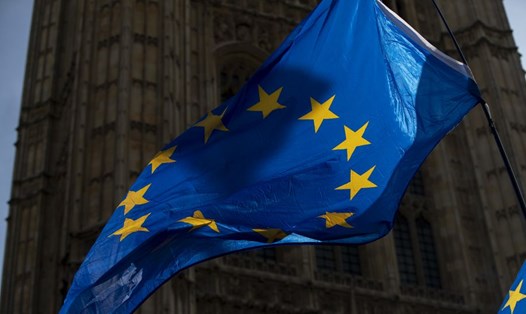The budget, expected to come into effect from 2028 to 2034, was agreed after tense negotiations that lasted until the night of July 15 and was tabled on the morning of July 16.
"This is a budget that reflects Europe's ambitions, faces Europe's challenges and strengthens our independence. This budget is bigger, smarter and sharper. It benefits our people, businesses, partners and future," European Commission President Ursula von der Leyen affirmed.
The 1,980 billion euros mark a significant leap forward from the 1,200 billion euros allocated in the most recent budget cycle, from 2021 to 2027.
The draft plan includes a competitiveness, prosperity and security fund worth €589.6 billion, of which €450.5 billion is for the EU Competitiveness Fund.
Agriculture, which has long been one of the foundations of the EU budget, will receive a large grant of 293.7 billion euros proposed for the bloc's common agricultural policy.
The proposal on July 16 needs the unanimous support of EU leaders.The budget, known as the multi-year financial framework, must be approved by the end of 2027.
EU member Michael McGrath said the budget is being built "in challenging circumstances," including the EU's request to start paying off the COVID-19 debt by 2028, which could reach 25 billion euros a year." Two difficult years of negotiations lie ahead," he said.
This huge budget figure is also likely to face opposition from some EU member states that are facing budget difficulties and countries that will be responsible for financing the majority of the budget package through national contributions.
The EU budget debates have long been controversial, as the bloc struggles with competitive needs from agriculture to regional budgets for poorer member states.
This year's proposal to adjust the bloc's spending priorities from 2028 to 2034 is even more important as the EU's goal is to strengthen defense capacity and improve competitiveness in the face of economic threats from the US and increasing competition from China.
The current long-term budget is funding about 50 EU funds, from research projects to energy. In this proposal package, the European Commission proposes to simplify the process by combining many spending programs into a single national budget package, in order to improve procedures and solve the bloc's competition problems.
The EU budget is largely based on contributions from member states, with richer economies being those that net contribute to the common fund. The EU will also exploit other sources of income, known as the bloc's own resources. The European Commission has proposed a number of ways to directly raise more funds for the EU budget this time, including imposing new tariffs on European businesses with annual net revenue exceeding 100 million euros in an EU country.











